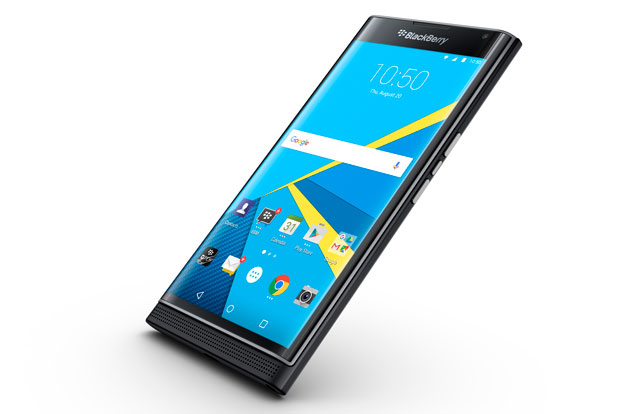
BlackBerry posted sales that fell short of analysts’ estimates as shrinking smartphone sales and an inventory writedown overshadowed a boost in software revenue.
Fiscal first quarter earnings per share, excluding some items, broke even, compared with analysts’ average estimate of a loss of 7c.
Revenue in the quarter was US$424m, including software and services revenue of $166m that was 21% higher than the same period last year ($137m).
Analysts had estimated total revenue of $471m.
A net loss in the quarter of $670m reflected a $501m impairment charge, a $57m goodwill impairment charge and a $41m writedown of inventory and other charges.
BlackBerry changed its reporting structure to include revenue from both smartphone sales and licensing deals. The new unit — “mobility solutions” — accounted for 36% of revenue.
The company sold 500 000 devices in the quarter, compared with 600 000 in the previous quarter. Shares gained 3% to $6,94 in early trading Thursday.
CEO John Chen is pushing to increase software sales while finding a way to wring profitability from the company’s shrinking smartphone division.
Chen has said BlackBerry’s first Android phone, the keyboard-equipped Priv, didn’t sell as well as he had hoped because it was too expensive.
The company is working on two more Android phones, including a cheaper option, but Chen has said he may cut the unit altogether in September if he can’t make it profitable.
Fiscal-year adjusted loss will be $0,15/share, compared with an estimated loss by analysts of $0,31.
BlackBerry projected fiscal 2017 software and services revenue growth of 30%.
Service-access fee revenue will decline by 20% in the second quarter, chief financial officer James Yersh said during an earnings call Thursday. The company closed the quarter with cash and cash equivalents of $2,5bn.
If Chen can’t restore profitability to the handset unit, it’s “got to go”, said John Butler, an analyst with Bloomberg Intelligence.
“This is a company that’s in the midst of a product transition right now. The device business is clearly not working. You really need that one device that resonates with consumers and does well.”
“BlackBerry reported weak top-line numbers as both smartphone and service-access fee revenues were weaker than expected, and the company recorded significant writedowns and impairments,” JPMorgan Chase & Co analyst Rod Hall said in a note.
“However, software revenue was better than expected, and the company provided increased transparency and a better-than-expected FY 2017 earnings per share guide.” — (c) 2016 Bloomberg LP




